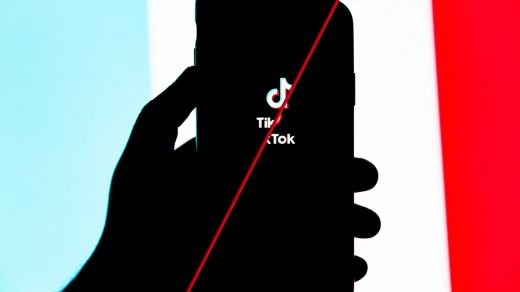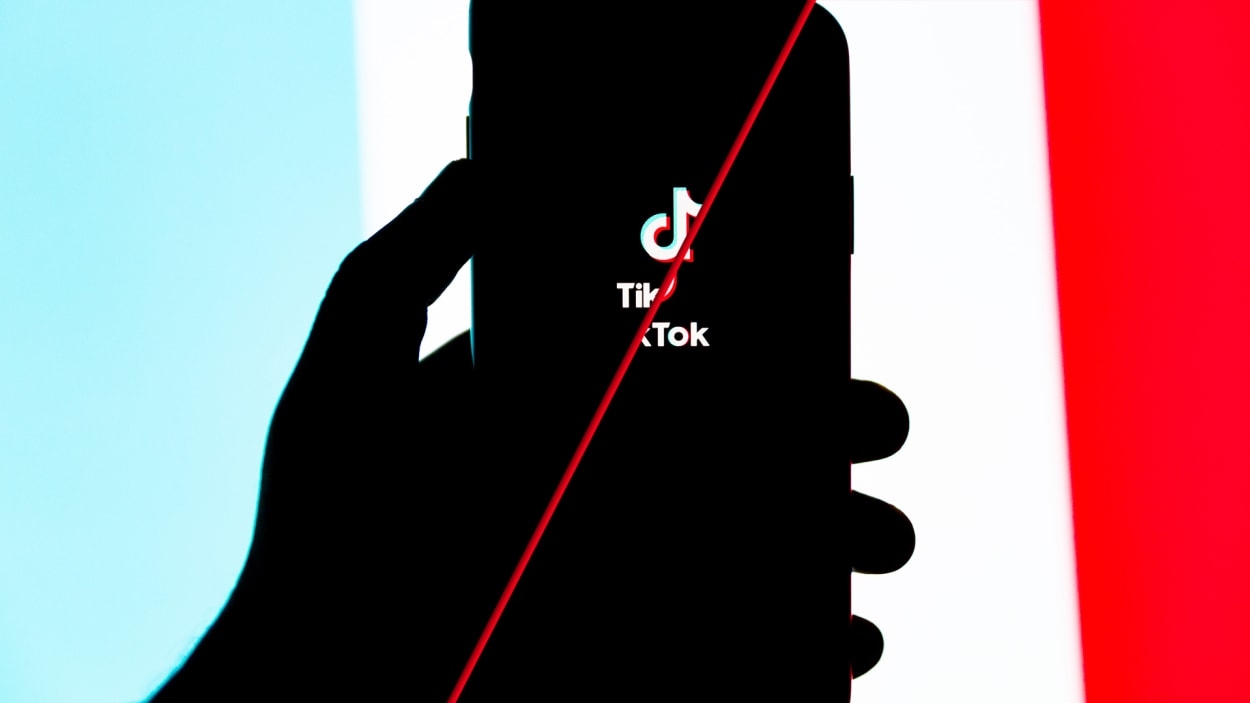POV: Even if TikTok isn’t banned, the app you know and love is dead
TikTok’s long-simmering (and once-boiling) dispute with U.S. authorities may be coming to a head. The White House, citing national security concerns, is now considering a nationwide ban of the video-sharing app if TikTok’s owner, Beijing-based ByteDance, cannot be convinced to divest of it. TikTok CEO Shou Zi Chew is testifying before Congress today, hoping to beat back a growing consensus among U.S. lawmakers that the platform must break its Chinese ties or be banned.
Congress members on both sides of the aisle, as well as many in national security circles, fear that TikTok could pass data about U.S. users to the Chinese government, which could use that information to direct harmful propaganda at TikTok’s 150 million U.S. users. And a bill with bipartisan support has now been introduced that would give the Commerce Department ongoing powers to restrict or ban foreign countries.
Regardless of whether the U.S. acts or does not act, none of the possible outcomes of the drama are very good. Here’s why.
Not the same TikTok
Chew seeks to convince members of the House Energy and Commerce Committee that TikTok isn’t very different from other companies operating in the social media space, including U.S.-based ones. In one respect he’s right: TikTok has indeed become very much like other social apps, but not in the data-security sense Chew intends.
TikTok isn’t the same social platform it was a year ago. I once lauded TikTok’s ability to bring the funny out of people, owing in part to the fact that the app’s video shooting and production tools make the creation process easy and quick. I also was impressed with the app’s algorithm, which seemed to have an uncanny ability to read my interests and tastes and deliver videos that suited them over and over again. (And yes, I had to consciously limit my time on the app.)
Now, TikTok is littered with ads. The hypnotic stream of funny, cool, or relevant videos is interrupted by ads for sugar-free cereal, cleaning products, microwave meals, and mushroom coffee. And god help you if you ever click on one of the ads because the same ad for the same product will nag you every time you return to the app. It turns out that I’ve been the victim of the same old bait-and-switch routine that Western tech companies invented. They charm you with a too-good-to-be-profitable experience until you’re hooked, and then the cost—whether that’s money (Uber) or attention (TikTok)—starts going way up. Writer Cory Doctorow calls this process the “enshittification of tech platforms.”
Given the security concerns and the “enshittification,” is TikTok really worth saving? If I can get my short-form videos from other data-harvesting, profit-driven, ad-cluttered platforms—YouTube’s Shorts or Instagram’s Reels, both of which are near clones of the TikTok experience—why should I care about losing TikTok?
As for the content, most creators aren’t loyal to TikTok. Many cross-post their work to Instagram, YouTube, and elsewhere. TikTok’s U.S. users might eventually be content to migrate to other platforms for their short-video fix.
Obviously, the biggest winners in a TikTok ban would be Meta and Google.
The enemy you know
But does it really make sense to reward the big U.S. social platforms and punish TikTok in this context?
Despite some data security blunders by TikTok, there’s no evidence that its owners have ever tried to leverage the video platform to influence Western minds in any major way.
There is evidence that an American social network has been used by a hostile foreign power to influence and inflame Americans. The Mueller investigation found that agents of the Russian military bought ads and promoted content on Facebook (and to a lesser extent, Google’s YouTube) in ways designed to degrade faith in U.S. institutions, promote social division, and support the candidacy of Donald Trump. Trump supporters spread misinformation about the “Big Lie” on Facebook and used the platform to plan the attack on the U.S. Capitol on January 6, 2021. No hearings were held to consider the closure, sale, or nationalization of Facebook.
Investigative journalist Julia Angwin wrote this week in a New York Times op-ed that China doesn’t need TikTok to pull off the tactics that U.S. politicians most fear. Beijing could buy personal data on Americans through data brokers and “spread lies across the Big Tech platforms just as easily as other nations can,” she writes. It could also collect data through notoriously insecure Chinese-made home Wi-Fi routers.
Learning from the pros
Facebook and Google have been largely successful at holding federal regulators at bay. Congress has failed to adopt even the most basic privacy law to protect Americans from tech companies’ practice of harvesting personal data from users. Rest assured TikTok has watched and learned.
Former Facebook public policy director Katie Harbath astutely points out that TikTok’s public relations strategy around Chew’s D.C. appearance seems to have taken some pages from Facebook’s playbook. In advance of the hearing, TikTok has been doing meetings with Congresspeople, placed ads in D.C. political newsletters, brought creators to lobby on its behalf, and touted its big U.S. user base (read: We’re too big to fail). In Chew’s testimony, he also will talk about the high numbers of U.S. small businesses that now rely on TikTok to find new customers.
But in the face of the U.S.’s increasingly hostile posture toward China, and the growing consensus that TikTok cannot be neutral, none of TikTok’s PR points are likely to stick.
If Chew is to change any minds in today’s House testimony, he has to prove to U.S. lawmakers that TikTok is not currently a threat to the U.S., and that it will never act on behalf of the Chinese government in the future. In other words, he has to prove a negative and tell the future. That’s an impossible task.
(32)



